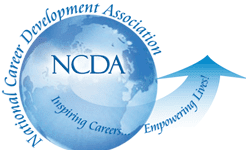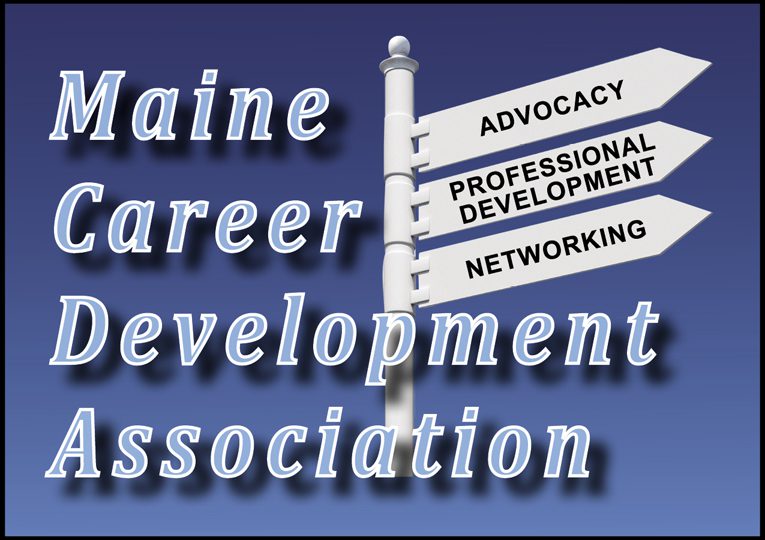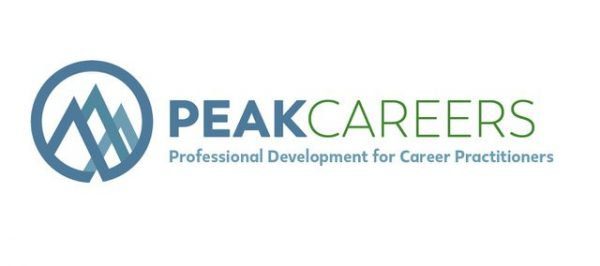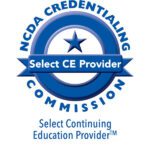As I prepare for my round table presentation at the National Career Development Association conference in Long Beach in a couple of weeks on “How to create a more vibrant State Career Development Association”, I find myself contemplating on the importance of professional development. Regardless of where I have worked, I have been professionally involved with associations.
I was active in the Association of College Unions-International (ACU-I) while in graduate school and into my career as a Director of Student Activities. I presented at regional conferences and even wrote an article published in ACU-I comparing student governments in New Zealand & Australia to the American model. (This was a great way to rationalize a gap year after grad school backpacking / hitchhiking around New Zealand and Australia).
In my short stint in the Office of Tourism for the State of Maine, I presented to a number of groups in the tourism industry. As a high school guidance counselor, I was involved with the Maine Vocational Association (MVA), Maine Counseling Association (MeCA), and Maine School Counselor Association (MESCA), at Board levels and even as president of MESCA. Now I am a two-time past president of Maine Career Development Association (MCDA). I have learned so much from all of these.
But this is not simply about “being involved” for my own extraverted self. Here is why you might want to consider being more involved with your professional association(s).
LIFE LONG LEARNERS
I know, you’ve heard this before but in the world we live in today things change so much and so fast that it is important to stay ahead of the learning curve. By attending conferences you continue to learn. I believe that if I pick up even 1 new idea in a session or a keynote that it was worthwhile. Some sessions are life changing. Like when I heard John Krumboltz present on the Happenstance Learning Theory. Other sessions might have a small tidbit about how to better organize an event. Regardless, questioning what I am doing, learning how others do similar things, learning about new technology to improve my “reach” to others, are all GREAT reasons to attend a conference… you might just discover something by accident to make you a better career counselor or coach.
LEADERSHIP
There are many opportunities for us locally, state wide, regionally, and / or nationally to be involved with our professions. Not everyone aspires to be the President of an association but I encourage you to be more than “just a member.” Membership is the first step to expose you to your profession, but take it one step further to volunteering. Every conference needs people to help at registration, collect evaluations, make sure presenters are all set in their rooms… all easy ways to be involved. And for you introverts, there is no better way to meet others in your profession than to volunteer to serve on a committee or help out. It gives you a focus and a way to meet new people.
For many, getting to the volunteering level will be it. For others who never thought they’d go further, suddenly find a leadership role that fits them well, gives them confidence to move on and spread their wings a bit more. Most people who end up in leadership roles, say never expected themselves to be there, but are NEVER disappointed that they did. Just like we give advice to our clients, getting involved with others is a great way to learn our strengths and weaknesses.
NETWORKING
I see networking as a 3 way symbiotic relationship. (Not sure that is possible but it sounds good 🙂
First: You are likely to have a number of different jobs, often in different industries, over your career. Because “job security” is a thing of the past and developing and owning your own “career security” is critical to your future, networking with others is the best way to prepare for your next move. Your next job will likely be the results of someone in your network telling you about a position, encouraging you to apply to one, or even creating a position for you. At minimum, the power of gaining knowledge from a network of people is exponential compared to what you can learn yourself.
Second: You need to view yourself as a person who also helps others. Giving out advice, information, potential leads, to people in your network is important as a way to view “networking” as a dual relationship, not just a receiver of benefits.
Third: Mentoring new people in the field. I see this as different as number 2 above. I see this as intentionally looking at people who are new to our field, often younger, who might need a nudge to be better, a nudge to gain more confidence, a nudge to avoid some of the common pitfalls of being new in our profession. Most of us had people we looked up to, emulated in some ways, and learned important lessons from. Even if you are new to the field yourself, you can be helpful to others next year who are coming in.
My roundtable presentation at NCDA was with two other professionals, Angela Doty and Varunee Faii Sangganjanavanich, both involved with their professional association in other states. We all feel strongly about engaging members, developing future leaders of our associations, collaborating with other organizations, improving member benefits, and creating vibrant associations for career professionals to grow.
What can YOU do to be involved more?
To actually “engage” in your professional development?
————————————————–
Jim Peacock is the Principal at Peak-Careers Consulting and writes a monthly newsletter for career practitioners. Peak-Careers offers discussion-based online seminars for career practitioners focused on meeting continuing education needs for CCSP, GCDF and BCC certified professionals as well as workshops for career practitioners and individual career coaching.
Sign up here to receive my TOP 10 TIPS WHEN WORKING WITH AN UNDECIDED PERSON. You can also receive the career practitioners newsletter which includes a variety of career topics, industry news, interesting events, and more.





Leave a Reply